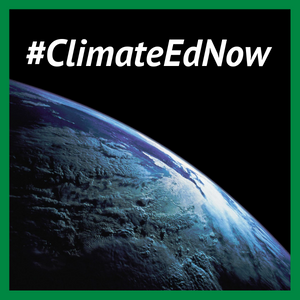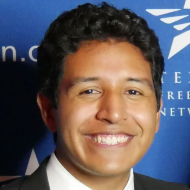That’s why last year, young people from across the state went before the Texas State Board of Education with a simple message: we must do better on climate change science. A report by the Texas Freedom Network Education Fund and the National Center for Science Education examined whether the state science standards of the 50 states and the District of Columbia were doing enough to teach students about the science behind our changing climate. Twenty states, including many of the most populous states, received grades no better than a C+. Texas, for its part, received an F.
The result after months of advocacy on our part was the board taking a positive, though limited, step in updating its science standards: The board approved new high school science standards that offer more robust coverage of climate science. But for other grade levels, the board refused to prioritize teaching about climate change.
For sure, the board should and could have done more. But what the board did shows that even in a state like Texas, whose economy remains closely tied to fossil fuels, there is at least some recognition that climate change education is vital for current and future generations in our state and around the world.
The world, including Texas, needs to step up to prepare our young people to tackle climate change, the most pressing and urgent problem that humanity will face in the decades to come.
We can start that preparation early in life with complete and truthful science education. And we need to do it now.
Read other essays from our #ClimateEdNow series.

 Each year, we in Texas cast a nervous eye at satellite images of the waters in the Atlantic. We see the latest storm from thousands of miles away and wonder whether it will be more potent than the last one. With no choice, we prepare for the worst that will potentially come our way in a matter of days.
Each year, we in Texas cast a nervous eye at satellite images of the waters in the Atlantic. We see the latest storm from thousands of miles away and wonder whether it will be more potent than the last one. With no choice, we prepare for the worst that will potentially come our way in a matter of days.